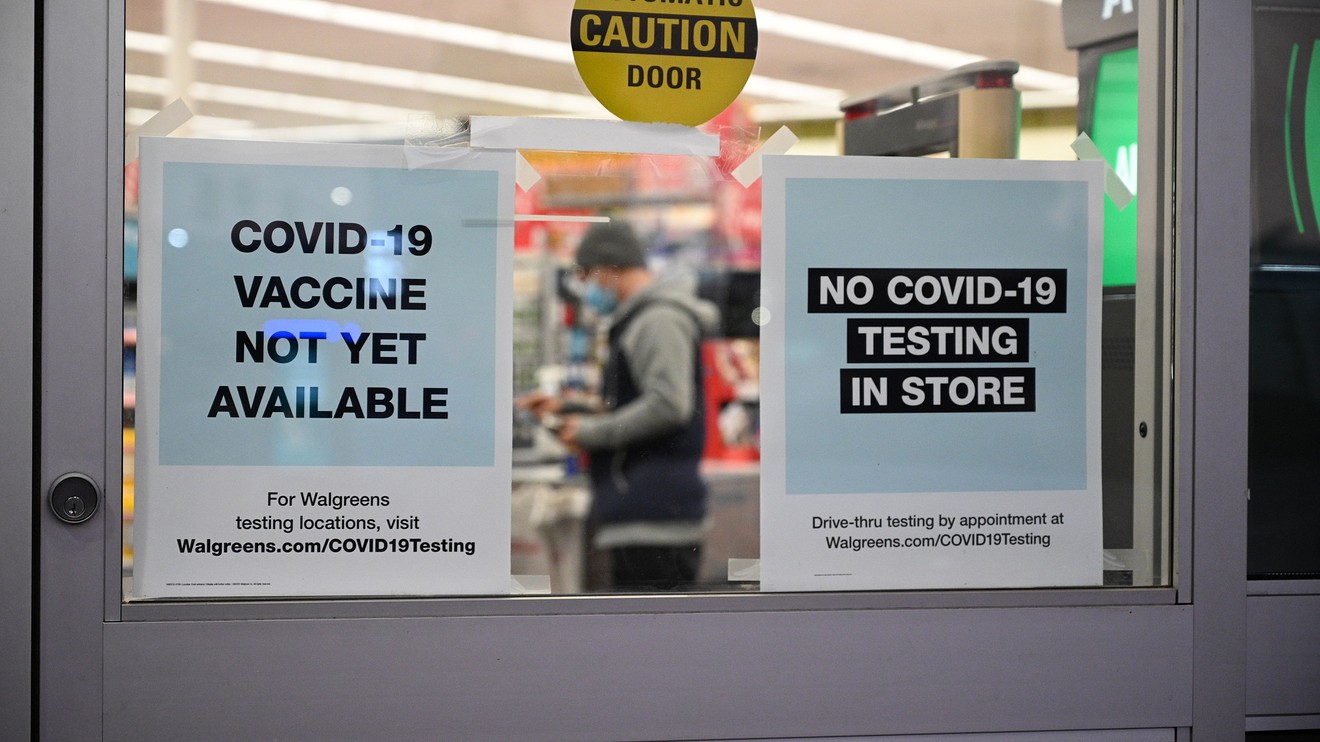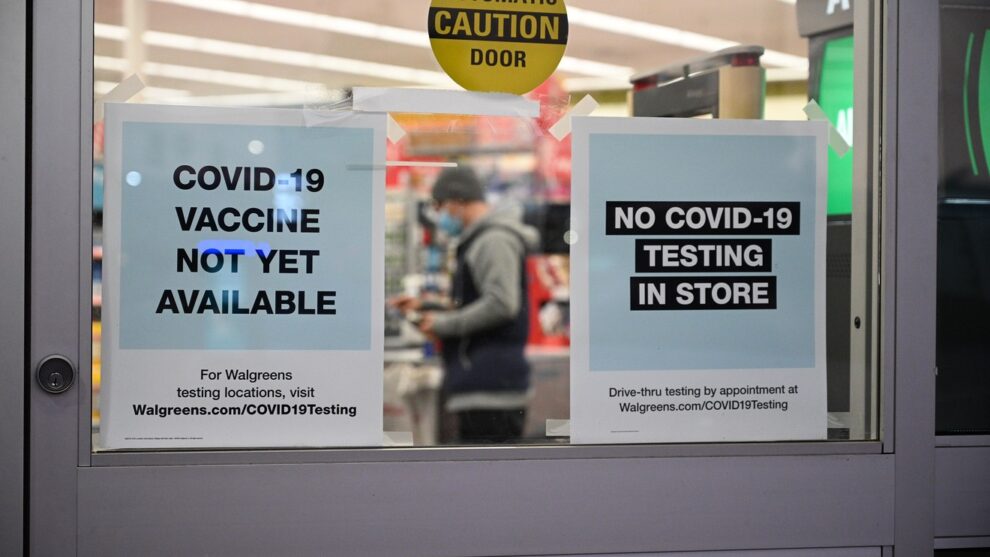
Health-care workers and nursing-home residents should be the first in line for the fast-approaching COVID-19 vaccine shots, a federal government advisory panel voted Tuesday.
The Centers for Disease Control and Prevention’s Advisory Committee on Immunization Practices supported the recommendations in a 13-1 vote. The recommendations aren’t binding but they can help state-level public-health officials guide their decisions on a vaccination rollout, according to one observer.
As the pandemic rages — fresh off a Thanksgiving weekend that could fan the flames — the committee members said its recommendations were built on rationales like quickly maximizing the vaccine’s public-health benefit and mitigating inequities that have put some communities at a greater risk than others.
Putting an estimated 21 million health-care workers at the front of the line has a “multiplier effect” because they can’t do their job at home, and their ability to avoid infection can keep others healthy and lower societal and economic risks, the panel said.
Many of the 21 million health-care workers are at the lower end of the wage scale, a panel report noted.
Studies show Black and Latino communities have shouldered an outsized share of coronavirus cases, and one analysis of 18 million patients said people of Black and Asian descent have double the chance of contracting the virus compared to white people.
There are also approximately 3 million people living in long-term care facilities, according to the committee. 1.3 million of those people live in nursing homes, which are places that have been ravaged by the virus.
Residents and staff at long-term care facilities represented 6% of cases and 40% of U.S. deaths in the pandemic through late November, the committee’s data showed. Committee recommendations would ensure that people in long-term care facilities — or their families or health-care proxies — would give their consent.
“My vote reflected maximizing benefit, minimizing harm, promoting justice and mitigating the inequalities,” said Dr. Jose Romero, the committee chair, who is the Arkansas Department of Health’s chief medical officer.
Dr. Beth Bell, one of the committee’s members and a clinical professor of global health at the University of Washington, said it’s come to a point that a person dies of COVID-19 every minute. “We are acting none too soon,” she said at the start of the meeting, and later voted “yes” on the recommendation.
The vote comes a day after Moderna MRNA, -7.68% said it was applying for emergency approval from the U.S. Food and Drug Administration. Pfizer PFE, +2.87% and BioNTech BNTX, -8.23% already filed for FDA emergency approval on Nov. 20.
Read:Dr. Zeke Emanuel says this is what it will take to fully reopen the U.S.
By June 2021, every American who wants the vaccine will have it, a top-ranking Operation Warp Speed official said Monday night. Lt. Gen. Paul Ostrowski (Ret.), director of Operation Warp Speed’s supply, production and distribution, said in an MSNBC interview that the country would have more than 300 million doses ready for the public before June.
Tuesday’s recommendations aim to put older adults at the front of the line, but at least one survey suggests some people in that group don’t want to be there.
About 46% of people between the age of 50 and 80 would want other people to be vaccinated before them, and 14% don’t want the shot at all, according to a 1,500-person survey from the University of Michigan’s National Poll on Healthy Aging.
Formally speaking, there’s no next step for the advisory committee’s vote, explained Dr. Sharon Nachman, chief of the pediatric infectious diseases division at Stony Brook Children’s Hospital in Long Island, N.Y. It doesn’t go up the chain for another review and vote within the CDC, she said.
But it’s a helpful map for state public-health officials figuring out where to start once they get their hands on vaccine doses. “Each of the states will look at the recommendations and take to the best of their ability as much as they can for what works for the state,” said Nachman, who is also the associate dean for research at Stony Brook University’s Renaissance School of Medicine











Add Comment